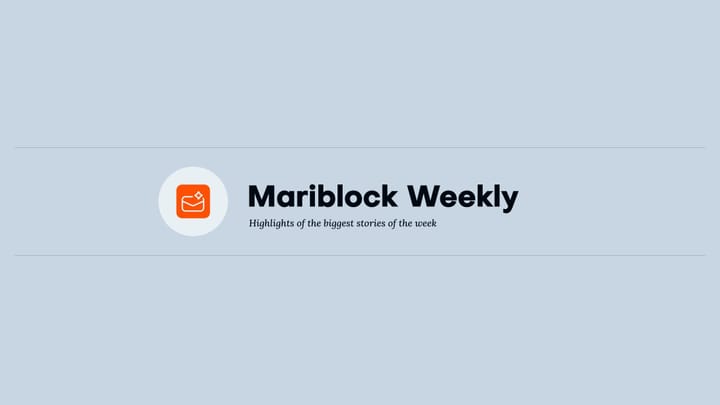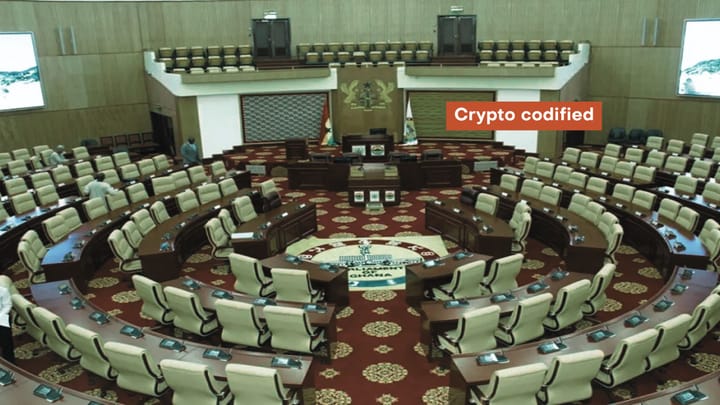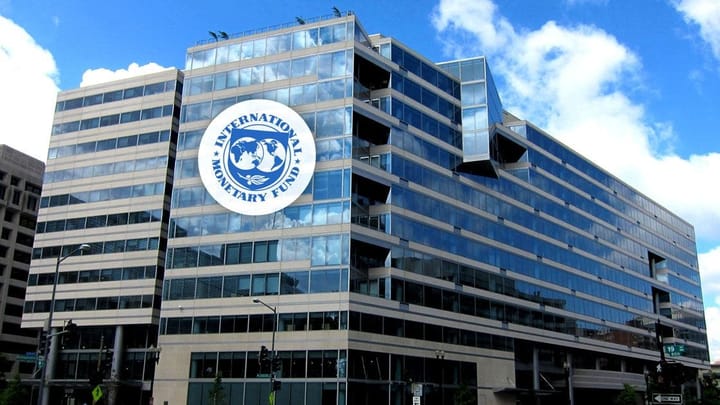Superteam Nigeria: Inside Solana’s community-led adoption strategy in Nigeria
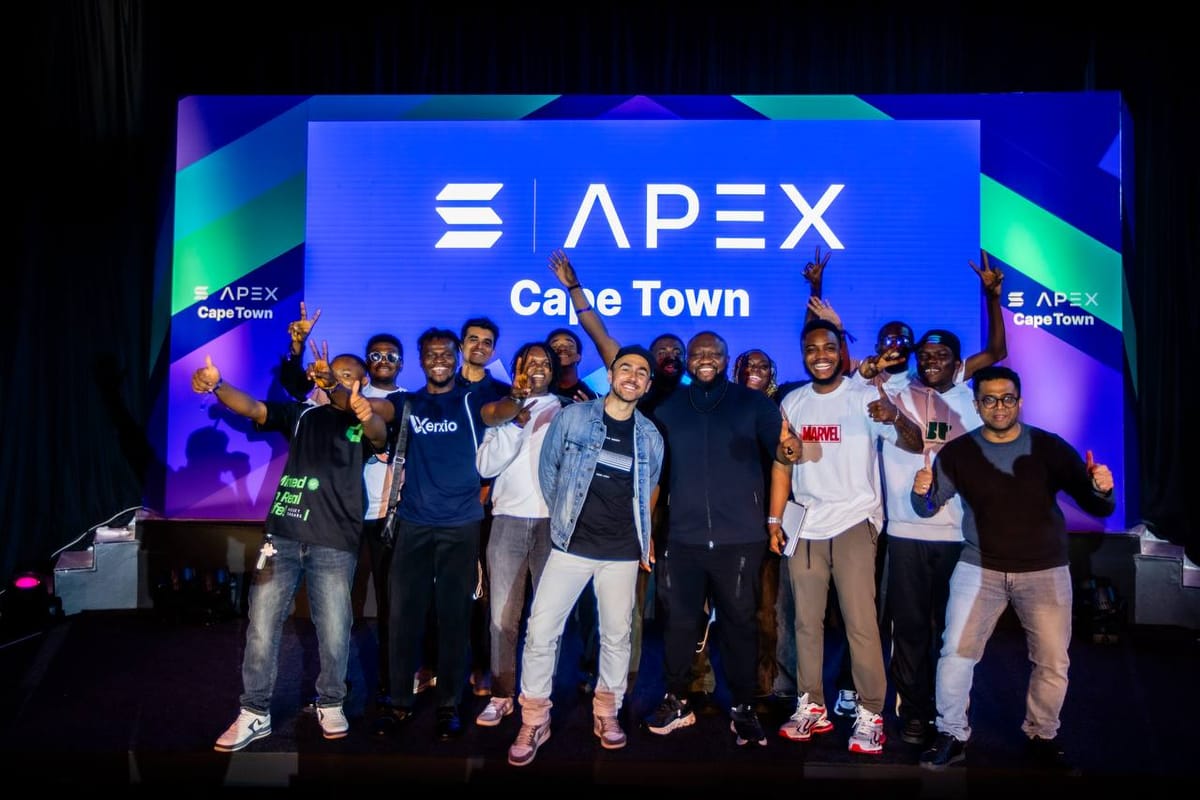

Blockchain technology has grown rapidly since its early application in Bitcoin, with over a thousand networks now in existence. Adoption is still in its early stages, but these ecosystems continue to push for broader acceptance of decentralized finance.
Solana is among the most popular blockchains today, driven by the Solana Foundation, a non-profit focused on decentralization, adoption, and security. To expand globally, the foundation launched Superteam — first in India and now in over 16 countries. Nigeria is the only African country with a Superteam chapter, and in just two years, it has established itself as a key player in the global network.
Led by former Bitget and Cassava Network African marketing lead Harrison Obiefule, Superteam Nigeria has grown both in size and reputation. The community now counts nearly 300 core members, with hundreds more participating actively, and has incubated several notable projects, including cross-border remittance platforms Ribh Finance and Azza. But how exactly does the chapter operate?
Superteam Nigeria is a semi-autonomous collective
In a call with Mariblock, Obiefule explained that the overarching mission of every Superteam chapter is to drive adoption of the Solana ecosystem. However, each chapter is free to choose the activities that best support this goal. He added that the Solana Foundation aims to remain as decentralized as possible by entrusting local talent in each region with responsibility and initiative. While chapters are given a degree of independence, the central focus remains the same: expanding the adoption of the Solana ecosystem. He said:
“We [Superteam Nigeria] are independent in some parts of strategy and execution. There is obviously an overall goal which is to grow the Solana ecosystem in your region. ... How you want to run Solana’s growth in your region is left to you.”
Superteam Nigeria ranks sixth globally in GDP, a metric that tracks the total earnings of all members within a chapter.
The Solana Foundation provides funding for Superteam, with each regional chapter required to submit and defend a budget aligned with its core objectives to the global Superteam entity. According to Obiefule, funding approvals are performance-based — the stronger a chapter’s results against its set goals, the greater its access to resources.
Success is measured using metrics such as GDP (the combined earnings of members), attendance at Superteam events, and the number of followers on X. While Superteam Nigeria ranks sixth globally in GDP, it leads all other chapters in event attendance and X followers, making it one of the most active communities worldwide, Obi said.
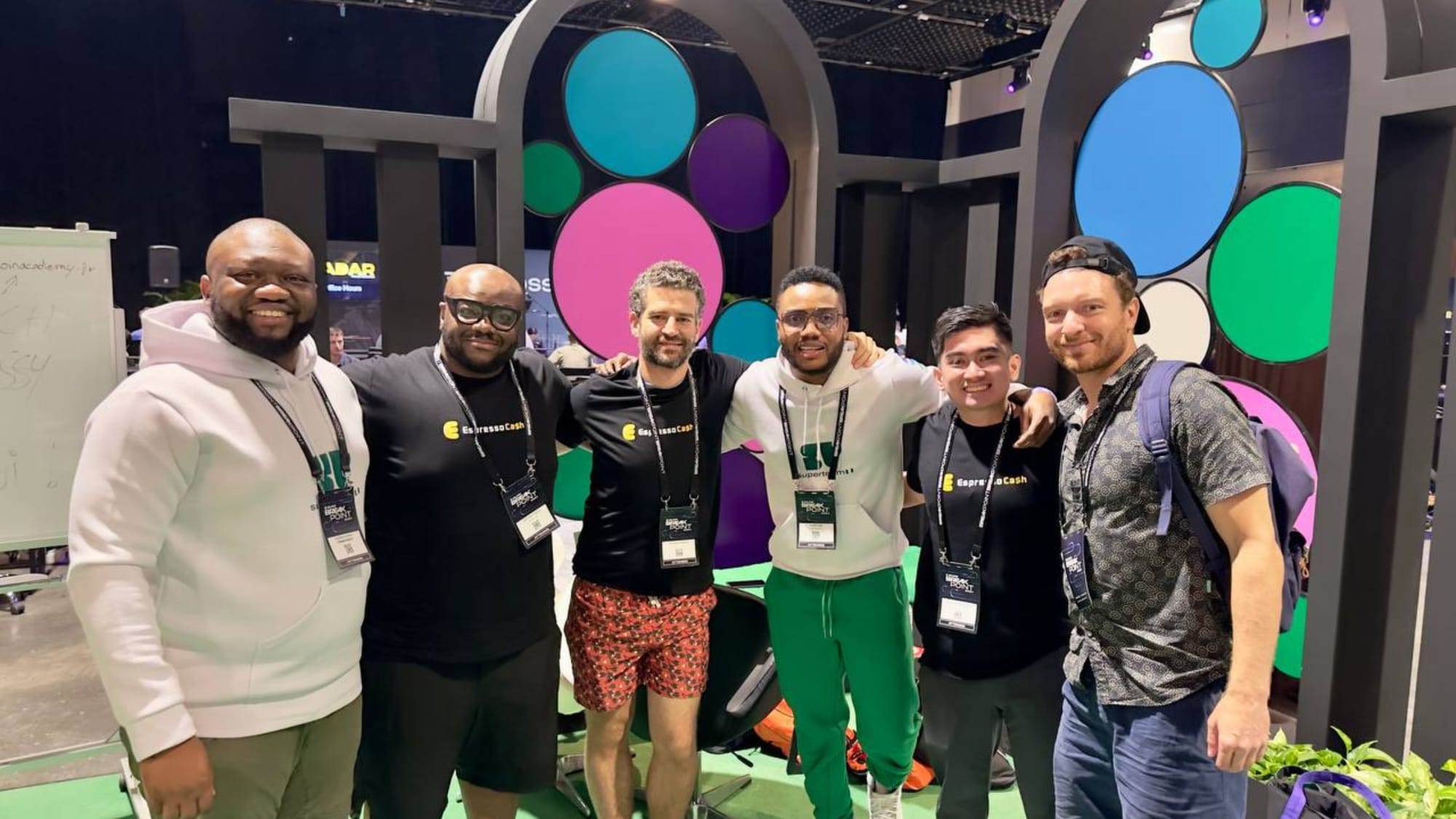
Superteam Nigeria is first a company before a community
Obiefule told Mariblock that Superteam Nigeria is not merely a typical crypto community but a registered company employing 40 people full-time. These include regional captains, state ambassadors, and operations staff, all of whom are paid what he described as the “global crypto industry standard” in salaries.
“Superteam is a gated community, but there’s an underlying company driving it. We operate as a company, with defined roles like a CEO, a full-time developer relations lead, and an operations lead.”
Superteam Nigeria has five regional captains overseeing activities across the country’s six geopolitical zones. They compile weekly reports from 30 state ambassadors and present them at a weekly standup. While the company maintains a decentralized ethos, Obiefule noted that operations are structured traditionally, with every employee — including himself — given specific targets that are regularly audited to track performance and progress.
Tiered community membership
Beyond its 40 full-time staff, Superteam Nigeria has a wider membership community. The community has fewer than 200 core members, mainly developers and founders building on Solana who contribute directly to the ecosystem’s GDP.
“We believe that if you build a community for everyone, you have built a community for no one.”
Entry into this core circle is restricted, although the broader community remains open to all. “We believe that if you build a community for everyone, you have built a community for no one,” Obiefule told Mariblock.
He explained that the initial strategy was to grow a large open community, then identify the most promising talent within it, elevate them into core membership, and provide tailored support.
A Mariblock survey of 412 members, most aged 18–24, shows that 80% feel their expectations — such as networking, upskilling, or community support — have been met to some degree. However, only 19% reported earning money through grants and 20% received technical support, while a majority (67%) cited networking as their main benefit.
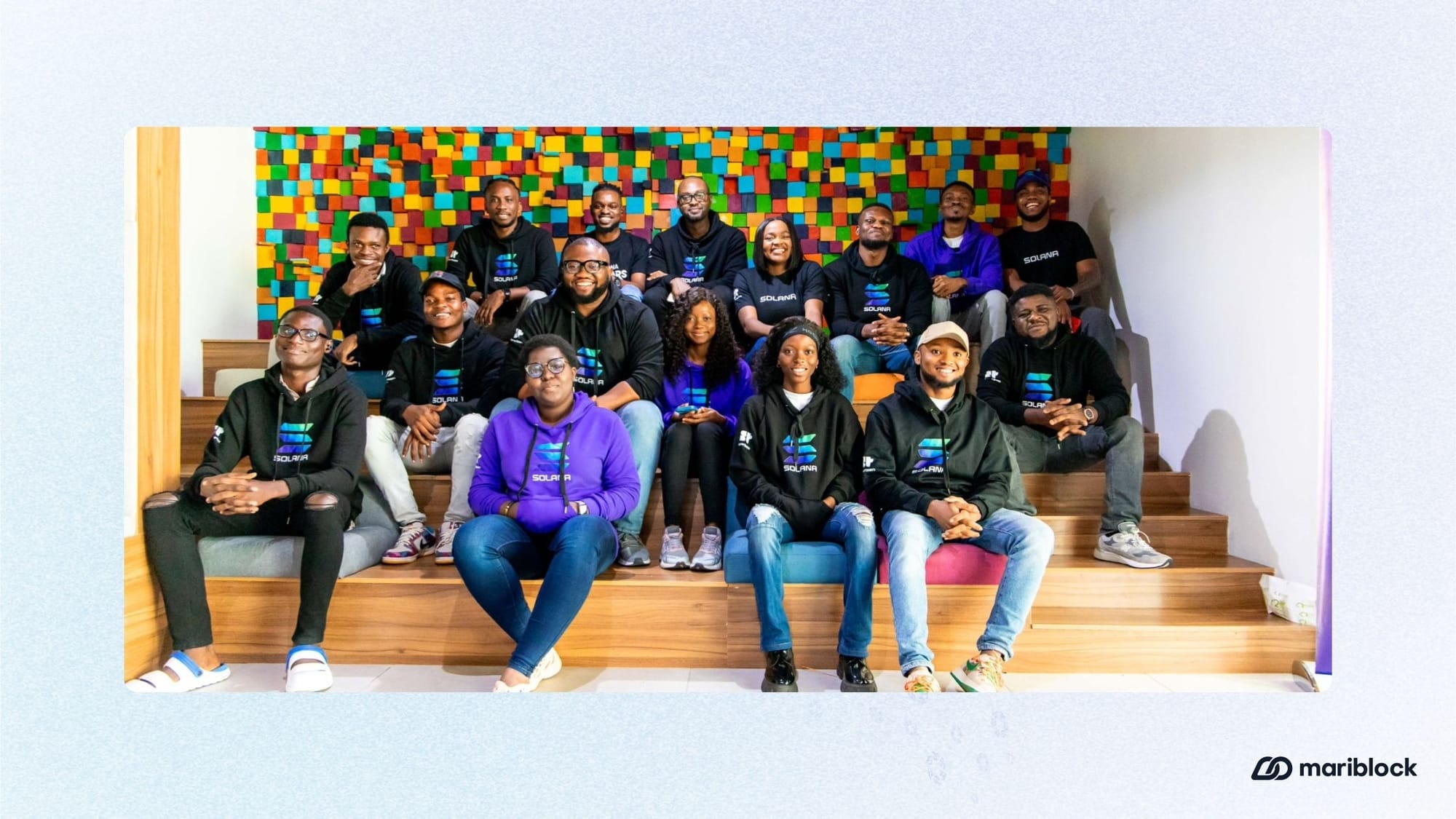
A community built to earn
Beyond growing the Solana ecosystem, Superteam Nigeria also aims to build a “talent pipeline” that equips Nigerians with skills to earn income in the decentralized economy. Obiefule said the community’s proudest achievement is its GDP, which represents the total earnings of its members from participating in Solana-related opportunities.
“$1 million earned by our members since inception.” — SuperteamNG, August 2025
In August, SuperteamNG announced its members have collectively earned $1 million since launch, with income streams ranging from hackathon and bounty wins to jobs in the Solana ecosystem and freelance projects. But Obiefule stressed that it’s impossible to capture all earnings tied directly or indirectly to being a part of Superteam — such as jobs secured through community connections.
Superteam also positions itself as a gateway for founders and developers to attract grants from the Solana Foundation. This has helped draw builders from other ecosystems, including Azza and the stablecoin off-ramp platform Cryptonia, Obiefule said.
For members not building projects, the community provides support in finding jobs within Africa’s Solana space or the broader global ecosystem. To aid this, Superteam operates a job board and provides training on how to secure roles.
“We have a Solana job board and an internal team member focused solely on helping people connect with ecosystem jobs,” Obiefule explained. “Because we’re part of the Solana ecosystem, many projects reach out directly to us to engage ambassadors or core members.”
With its $1 million milestone, company-like structure, and growing influence, Superteam Nigeria has positioned itself as one of the most impactful chapters globally — and could shape how Nigerians build and compete in the Solana ecosystem for years to come.

